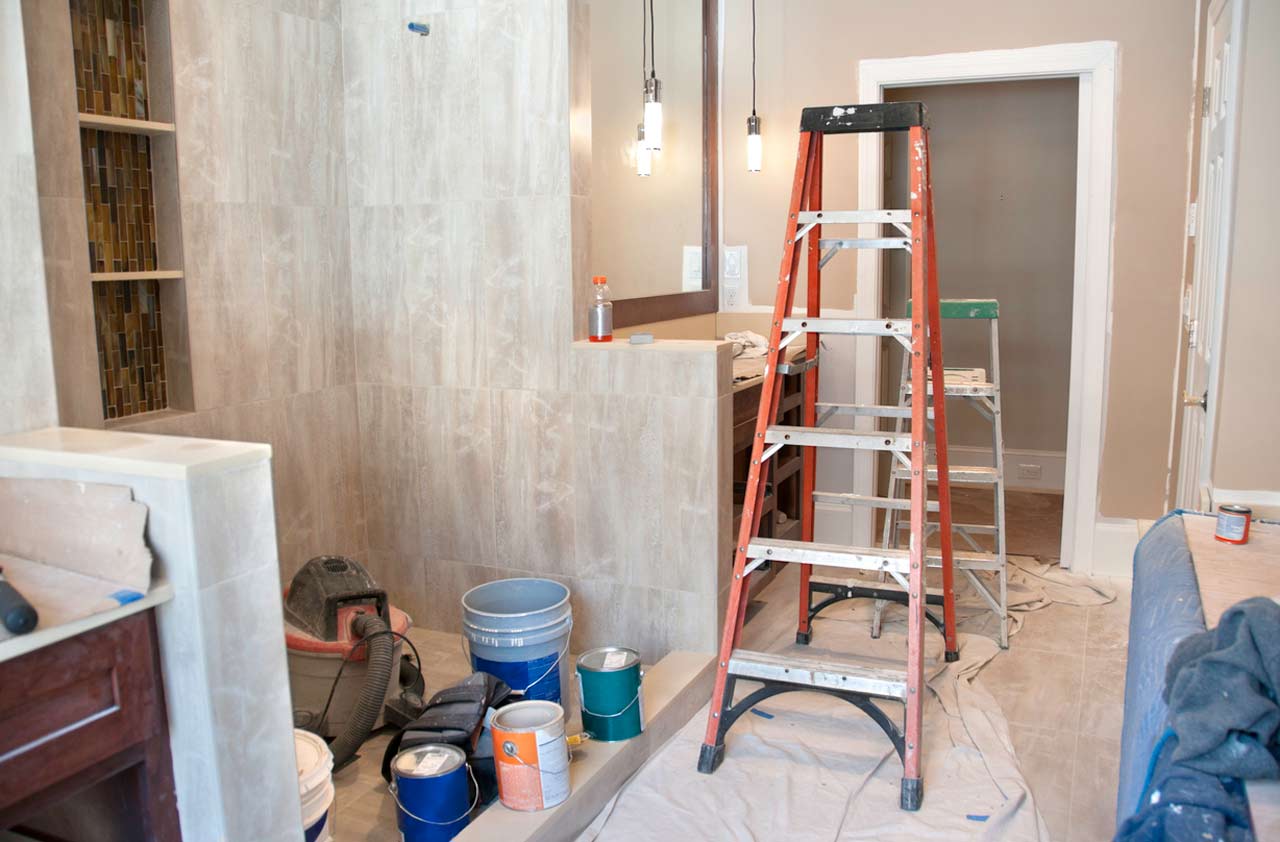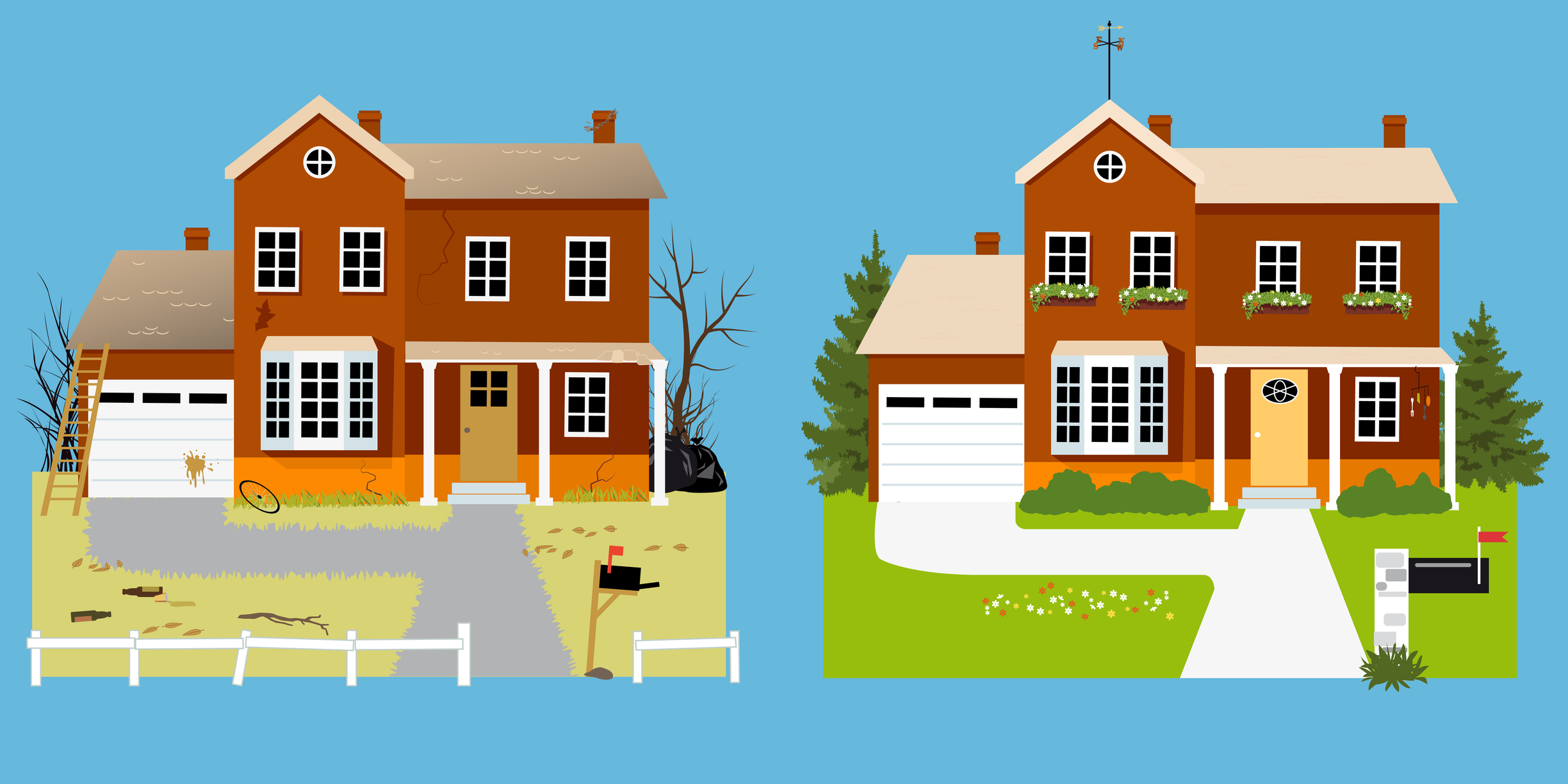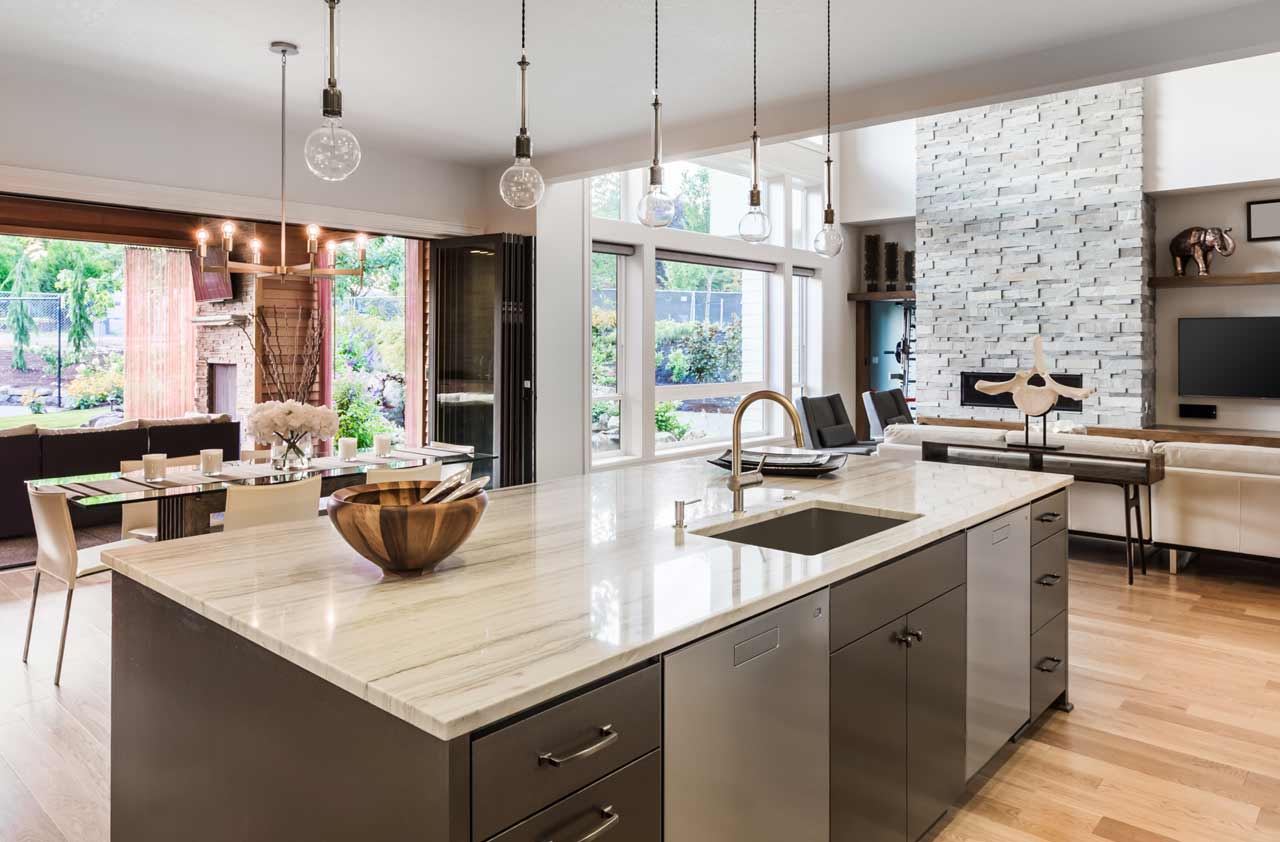5 Tips to Sell a House Fast
These moves helped me sell my house before actually putting up a "For Sale" sign.

Profit and prosper with the best of Kiplinger's advice on investing, taxes, retirement, personal finance and much more. Delivered daily. Enter your email in the box and click Sign Me Up.
You are now subscribed
Your newsletter sign-up was successful
Want to add more newsletters?

Delivered daily
Kiplinger Today
Profit and prosper with the best of Kiplinger's advice on investing, taxes, retirement, personal finance and much more delivered daily. Smart money moves start here.

Sent five days a week
Kiplinger A Step Ahead
Get practical help to make better financial decisions in your everyday life, from spending to savings on top deals.

Delivered daily
Kiplinger Closing Bell
Get today's biggest financial and investing headlines delivered to your inbox every day the U.S. stock market is open.

Sent twice a week
Kiplinger Adviser Intel
Financial pros across the country share best practices and fresh tactics to preserve and grow your wealth.

Delivered weekly
Kiplinger Tax Tips
Trim your federal and state tax bills with practical tax-planning and tax-cutting strategies.

Sent twice a week
Kiplinger Retirement Tips
Your twice-a-week guide to planning and enjoying a financially secure and richly rewarding retirement

Sent bimonthly.
Kiplinger Adviser Angle
Insights for advisers, wealth managers and other financial professionals.

Sent twice a week
Kiplinger Investing Weekly
Your twice-a-week roundup of promising stocks, funds, companies and industries you should consider, ones you should avoid, and why.

Sent weekly for six weeks
Kiplinger Invest for Retirement
Your step-by-step six-part series on how to invest for retirement, from devising a successful strategy to exactly which investments to choose.
The first home my husband and I lived in sold two weeks after we put it on the market. We had an offer on our second home before we even put a "For Sale" sign in the yard. That was not during the boom days of the housing market -- it was in September 2012.
The median time homes nationwide spent on the market in January 2013 was 71 days, according to the National Association of Realtors. That's 28 days less than a year earlier, but it's still months longer than both of my homes were on the market. And I know people -- and I'm sure you do, too -- who've had homes on the market for a year or more. So how did my homes sell so quickly? Here are five things my husband and I did before putting our house on the market in 2012 to ensure a fast sale.
Focus on curb appeal. Admit it: First impressions matter. So a house with chipping paint, overgrown bushes and patchy grass won't make a good impression. So we painted the exterior of our house (because some paint was chipping). We weeded, trimmed bushes, added new mulch and put new flowers in the planters in the front of the house. We actually had sod installed in the spring of 2012, so the grass looked good when we decided to sell in the fall. Yes, you might have to spend some money to make the exterior of your house more appealing, but it's money well spent if it gets potential buyers in the door. Plus, if your house is in good shape on the outside, buyers will see it as one less thing they have to spend money on once they move in.
From just $107.88 $24.99 for Kiplinger Personal Finance
Become a smarter, better informed investor. Subscribe from just $107.88 $24.99, plus get up to 4 Special Issues

Sign up for Kiplinger’s Free Newsletters
Profit and prosper with the best of expert advice on investing, taxes, retirement, personal finance and more - straight to your e-mail.
Profit and prosper with the best of expert advice - straight to your e-mail.
Make all necessary repairs. Even minor things, such as a leaky faucet or chipped paint on a baseboard, can suggest to buyers that you might not be maintaining the house well in other ways, too. So we tackled several small projects that, admittedly, we had been putting off. Luckily, my husband is handy, so we didn't have to hire anyone to make these small repairs. And we had already undertaken two bigger repair projects several months prior to deciding to sell our house. In the spring of 2012, we hired someone to rebuild the portion of the fence in our backyard that was dilapidated and a major eyesore. Around that time, we also hired an electrician to check all the wiring in our 100-year-old home, fix any problems, replace several light fixtures and add outlets to several rooms.
Stage the house. Staging involves deeply cleaning, decluttering, depersonalizing and arranging furnishings to make your house as appealing as possible. According to a survey by the International Association of Home Staging Professionals and StagedHomes.com, 95% of staged homes sell in 23 days or less, on average. So we painted the walls in a stairway that were scuffed and the ceiling of our kitchen and sunroom because they had some stains. I packed up most of my family photos that were on shelves, tables and walls. We already had a storage unit, so we were able to clean out closets and put items we weren't regularly using into it. And we turned a kid's craft room (which was cluttered with art supplies, toys and a homemade craft table covered in paint and glitter glue) into a sitting room. My goal was to make my home look like it was ready for a photo shoot for a magazine or catalog.
Our 7 Things Home Buyers Hate slide show will help you pinpoint fixes you might need to make in your home. Also see the home improvement checklist at HomeGain.com. If you lack Martha Stewart's touch to stage your home yourself, you can enlist the help of a professional stager. The bill could run anywhere from a few hundred dollars up to several thousand. StagedHomes.com has a directory of accredited staging professionals.
Set the price right. We had our house appraised before selling it, so we knew its market value. We set our price slightly above the appraisal value -- but below the prices ofcomparable homes nearby that were for sale. And we were selling our house by owner, so we didn't have to factor a real estate agent's commission into the price. Our goal was to sell quickly -- not make a big profit -- because we had an offer on another house and it was contingent on the sale of our home.
It's important to know what your competition looks like when you're selling a home and setting a price. View listings in your area at Realtor.com, Zillow.com or Trulia.com. If most of the homes that are comparable in size, age and location to yours have hardwood floors and granite countertops and yours has carpet and formica, you'll need to set your price lower (or make updates to fetch a higher price). If the reverse is true, you might be able to set your price a little higher and point out to potential buyers that your house has more features than comparable properties. Most importantly, though, you need to be willing to negotiate.
Spread the word. This was the key to selling our second house before we even put up a "For Sale" sign. I posted on Facebook that we would be putting our house on the market soon. I told other parents as I waited outside my kids' school that we were selling our house. I even mentioned in a Parent-Teacher Organization meeting that I needed to sell my house because the offer I'd made on another house had been accepted. A day after that meeting, I got a call from the mother-in-law of one of the other PTO board members. We showed her the house three days later, on a Friday, and got an offer -- right at the appraisal value -- on Sunday.
Even if you hire a real estate agent, you should let as many people as possible know that your house is for sale. Someone who isn't even in the market for a new house (and not checking real estate listings) may have secretly been longing for your home and might jump at the chance to buy it.
Profit and prosper with the best of Kiplinger's advice on investing, taxes, retirement, personal finance and much more. Delivered daily. Enter your email in the box and click Sign Me Up.

Award-winning journalist, speaker, family finance expert, and author of Mom and Dad, We Need to Talk.
Cameron Huddleston wrote the daily "Kip Tips" column for Kiplinger.com. She joined Kiplinger in 2001 after graduating from American University with an MA in economic journalism.
-
 Dow Adds 1,206 Points to Top 50,000: Stock Market Today
Dow Adds 1,206 Points to Top 50,000: Stock Market TodayThe S&P 500 and Nasdaq also had strong finishes to a volatile week, with beaten-down tech stocks outperforming.
-
 Ask the Tax Editor: Federal Income Tax Deductions
Ask the Tax Editor: Federal Income Tax DeductionsAsk the Editor In this week's Ask the Editor Q&A, Joy Taylor answers questions on federal income tax deductions
-
 States With No-Fault Car Insurance Laws (and How No-Fault Car Insurance Works)
States With No-Fault Car Insurance Laws (and How No-Fault Car Insurance Works)A breakdown of the confusing rules around no-fault car insurance in every state where it exists.
-
 3 Tips to Update Your Bathroom for Less
3 Tips to Update Your Bathroom for Lessreal estate The time of year, where you shop, and how you design can all affect your remodel costs.
-
 Trim Your Mortgage Rate With a 'Nonbank'
Trim Your Mortgage Rate With a 'Nonbank'real estate Online lenders could help you cut your expenses.
-
 Seven Reasons Your House Is Still on the Market
Seven Reasons Your House Is Still on the Marketreal estate You stuck a for-sale sign in the front yard but the offers aren’t rolling in. Here’s why.
-
 5 Reasons You Hate Your Homeowners Association
5 Reasons You Hate Your Homeowners Associationreal estate You want the property, you sign on with an HOA and bear the consequences.
-
 Scam Alerts: Beware Unattended ATMs, Down-Payment Fraud
Scam Alerts: Beware Unattended ATMs, Down-Payment FraudScams Fresh hustles and cons you need to avoid.
-
 Worst Things to Buy at Memorial Day Sales
Worst Things to Buy at Memorial Day SalesSmart Buying Good deals can be found over the long holiday weekend – just not on what you’d expect.
-
 3 Strategies to Remodel Your Kitchen for Less
3 Strategies to Remodel Your Kitchen for Lessreal estate What to do about everything from buying cabinets and appliances to scoring discounts.
-
 How to Get a Refund on Your Water Bill If You Have a Leak
How to Get a Refund on Your Water Bill If You Have a Leakreal estate Refunds for water leaks are available from municipalities if you report and fix the problem.